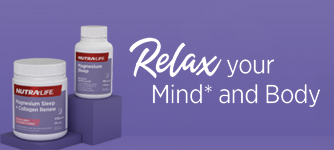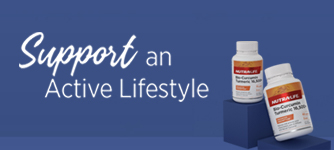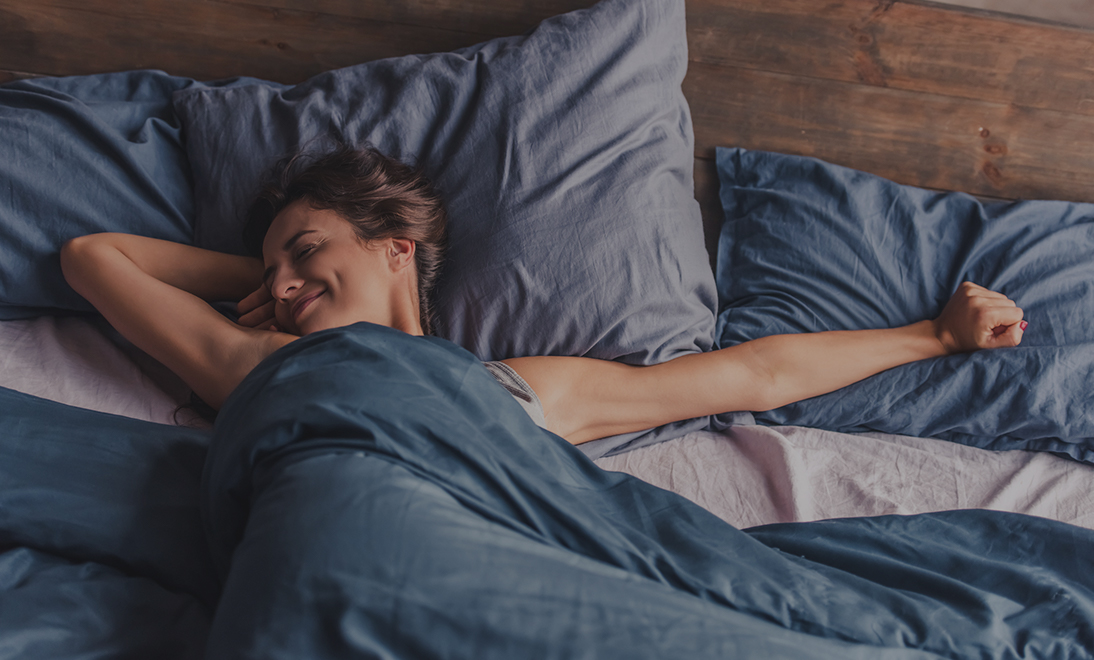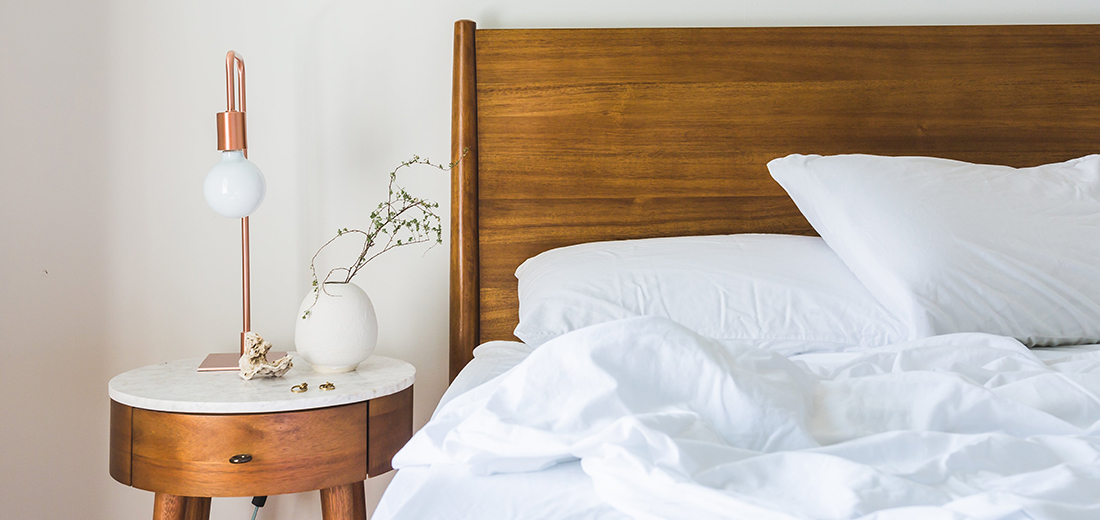Have you ever looked in the mirror after a bad night’s sleep and noticed just how dull and lifeless your skin looks?
With even just a few nights of restless sleep, you may find others noticing too. At best they might say “you look tired”, as if you didn’t already feel like it on the inside, now you get a reminder that you’re radiating exhaustion. Now imagine what years of poor sleep could do to your appearance.
Our skin, like many other parts of our body, uses sleep to repair and rejuvenate itself overnight. So like it or not, poor quality sleep can really affect how you look, be it your eyes, your complexion, your hair or your overall je ne sais quoi.
Even research suggests that a lack of ‘beauty sleep’ does indeed have its consequences.
Attractiveness: One study found that sleep deprivation was associated with decreased attractiveness and health. Participants rated photographs of people who were sleep deprived. The results found that participants were less likely to want to socialize with those that looked tired as they were perceived as less attractive and less healthy.
Ageing: Another study looked at the effects of sleep quality on skin ageing. It found that poor sleep quality accelerated intrinsic ageing. This included an increase in the development of fine lines, reduced skin elasticity, and an increase in uneven skin tone. A lack of sleep was also found to hinder the skin’s ability to recover from sun exposure, resulting in more wrinkles.
Self-Esteem: The Case Western Reserve University study found that those who suffered from poor sleep on a regular basis were more dissatisfied with their physical appearance than good sleepers. So not only does good quality sleep aid in skin rejuvenation, but it also promotes a positive mind set in how you feel about yourself and how you look.
Skin: Sleep deprivation also places the body in a state of “stress”, which can impair collagen production and cause breakouts. With a poor night’s sleep, you’re more likely to wake up with dull, uneven skin tone and more breakouts.
As an added consequence, sleep deprivation can also cause weight gain, affect your mental health, and the decrease the function of your immune system.
Finding ways to minimise restless nights and maximise nourishment to your skin, is essential in helping you feel more refreshed and look more rejuvenated the next day.
So what can we do to help us sleep AND look better?
There’s no magic bullet when it comes to beauty sleep, but there are two key nutrients that can help us along the way. Magnesium and Collagen.
Magnesium is an essential nutrient that is often deficient in modern diets. Amongst its many functions, it plays an important role in muscle and nervous system relaxation. It is sometimes referred to as the anti-stress mineral, or natural ‘chill pill’ due its relaxing effects on our mind and body. Magnesium’s calming properties can help alleviate muscle tension and symptoms associated with stress. Magnesium can also make it easier for us to fall asleep and help calm an emotional state of mind.
You may be low in magnesium if you:
- Drink alcohol or caffeine regularly
- Have a lot of stress in your life
- Have a poor diet
- Do intense exercise
- Have a malabsorption condition like Cohn’s or Ulcerative colitis
- Have persistent diarrhoea
If you believe you may be lacking in Magnesium, a supplemental form can be a convenient way to help replenish any lost stores, support the nervous system and improve your overall health and wellbeing. Collagen is the main structural protein in the skin. It acts like scaffolding and provides volume. It also plays a role in strengthening the skin, as well as helping with elasticity and hydration. When collagen levels are high, the skin is soft, smooth and firm. Collagen provides the essential building blocks required for skin cells to renew and repair themselves and keep the skin moist. As you age, your body produces less collagen, leading to dry skin and the formation of wrinkles. This is why collagen is considered such an important nutrient for optimal skin health.
Ways to increase collagen levels:
- Increase your daily Vitamin C. Vitamin C is essential for the synthesis and maintenance of collagen. It also acts like a sort of glue that binds collagen fibres together. Fresh fruits and vegetables rich in Vitamins C include broccoli, red peppers, citrus fruit and kiwifruit. Vitamin C can also be taken in supplemental form for convenience. A non-acidic Vitamin C like Nutra-Life Ester-C can be added to your daily regime to help improve overall skin health
- Eat foods rich in Collagen. Include bone broth in your diet or ensure you’re eating enough daily protein like fish, chicken and eggs.
- Supplement with Collagen. For those who require a little extra help, a collagen powder can be taken daily as a quick and easy way to boost your collagen levels.
Magnesium Sleep + Collagen Renew is specifically formulated to help support your beauty sleep with a combination of Collagen, Magnesium, Passion Flower , Zinc, Vitamin C & Glycine in a delicious natural berry flavoured powder.










